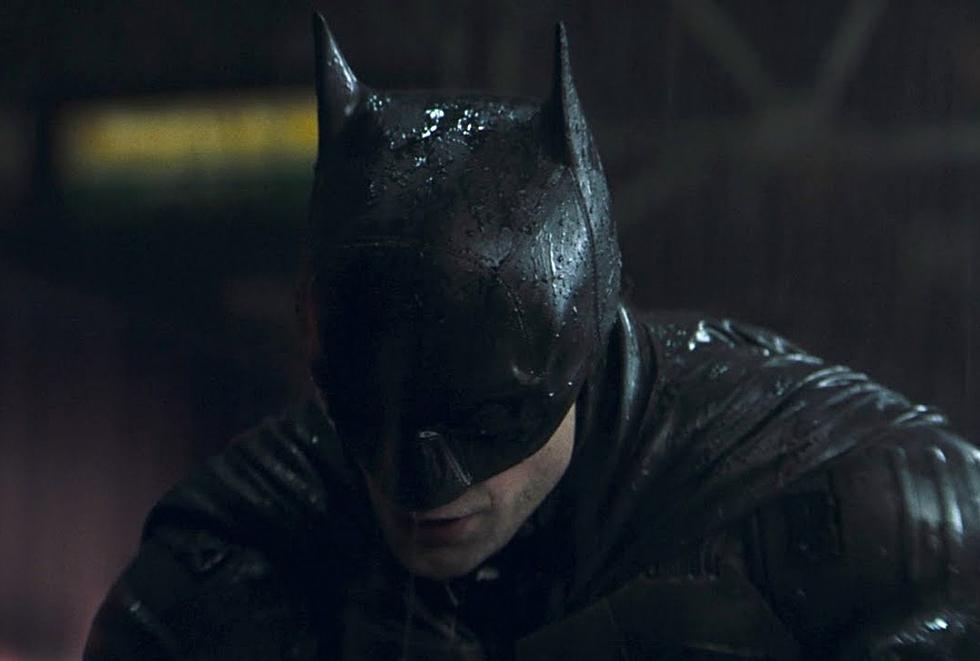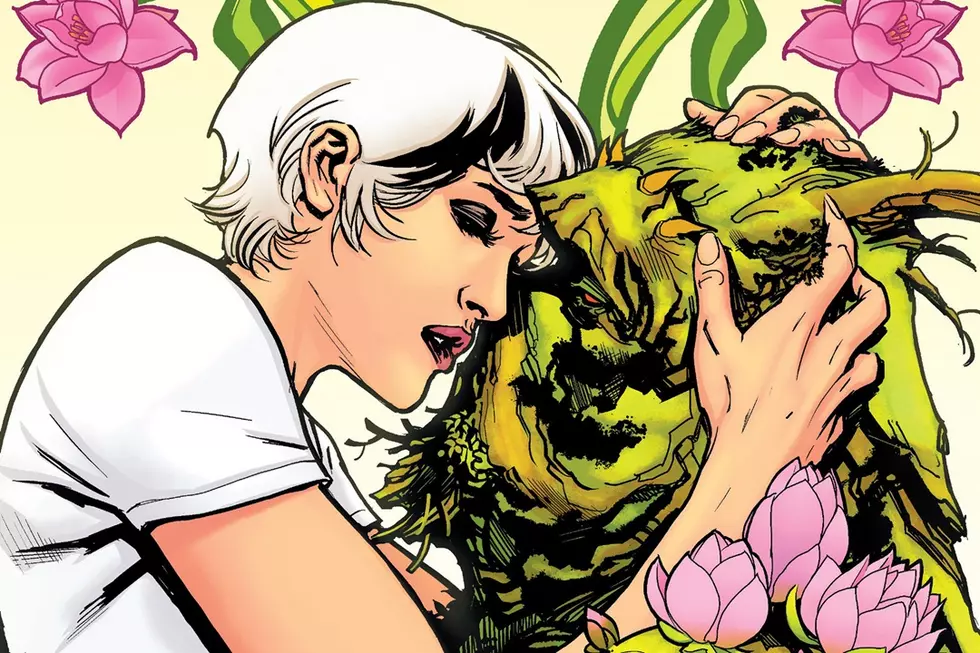
Buy This Book: If You Only Ever Read One ‘Suicide Squad’ Story, This Should Be It
If you take a quick look through the archives here at ComicsAlliance, one of the first things you're going to figure out is that I like John Ostrander, Kim Yale, and Luke McDonnell's classic run on Suicide Squad a lot. It's one of my all-time favorite comics, and while it never quite seemed to get the recognition of contemporaries like Justice League International, it ended up forming the foundation of a big chunk of how DC would approach storytelling in the modern era. And now, after years of being relegated to dollar boxes, it's finally seeing print thanks to the upcoming movie.
But that's all stuff that you know already, and to be honest, if I haven't convinced you that these are stories you should be picking up by now, there's a good chance that nothing I could say here is going to change your mind. At the same time, this month saw the release of the second volume of the collection, and if you read one set of Suicide Squad stories, this should be it.
That might sound counterintuitive. For one thing, the first volume got a new printing only a few weeks ago, and with a book like this that built its characters steadily over the course of its 60-odd issues, with events that had consequences that felt real, it makes a lot of sense to start at the beginning. And even beyond that, this is a collection that, on paper at least, doesn't seem like a great place to jump on.
The first issue in the collection is a tie-in to Millennium, the post-Crisis event that was forgotten almost as soon as it was published despite its promise to reveal a sinister robot secret in every single DC comic, and along with the regular issues, it's got half an issue of Secret Origins and that one Special that crosses over with the version of the Doom Patrol that absolutely no one remembers. Seriously, remember Celsius? If you don't, I can assure you that you are not alone.
And on top of that, there's also the two-issue crossover with JLI, and while both parts are included, it's the sort of thing that works a whole lot better if you have the context of what Keith Giffen, J.M. DeMatteis, and Kevin Maguire were doing over in that book --- especially since it's the story where Batman finally decides to leave the team. And there's also that two-issue story where Vixen and Speedy team up to fight cocaine that, while perfectly fine, stands out as one of the weakest bits of the entire run. So yeah, on paper, it's not a great place to start.
In practice, it's got some of the best DC comics ever printed.
There's another benefit, too, in that the second volume sidesteps a lot of the stuff that seems dated about the first few issues. There's always a background of real-world politics that's influencing the events of Suicide Squad, but in those early issues, when the creators were still building the framework for what the book would become, it leaned on those elements in a way that doesn't hold up as well as the rest of the run.
A few weeks ago, someone who knew I'm a huge fan of the book asked me about whether the description of the first arc, in which the team takes on a team of supervillain terrorists called the Jihad, was as off-putting as it seemed just from reading those words on the back cover. The only answer that I could honestly come up with was that it's not as bad as it sounds, and that's not a really satisfying answer for anyone. As much as I love the comic, there's no getting around the fact that it's also very much a product of its time, and while I'd like to think that ends up being about as good as it can be, I can also very easily understand why that's something that might turn readers off when you're looking back on it from 2015.
The second volume, on the other hand, sidesteps a lot of that and goes directly into the kind of superhero action that would make the book great. This is where Ostrander and McDonell really hit their stride, hitting that all-cylinders level that would take them through the book's big turning point in #25 and beyond, and they did it by amping up the superhero aspects of the book in a way that was incredibly effective.
It probably won't surprise anyone that a lot of the high points in this issue come from the stories where Batman shows up, but his appearance in #10 took a question that the very premise of the book made unavoidable --- why aren't any of the superheroes showing up to shut this thing down if the main result is that supervillains earn their way back onto the streets --- and answered it in a way that never felt like bookkeeping. It was exciting, it followed the logic of the universe, and, perhaps most importantly, the scene where Amanda Waller stood up to Batman and made him back down was a character-defining moment that still stands as one of the highlights of the decade.
That story and the JLI crossover are amazing comics, but the final story in the book, the three-part Nightshade Odyssey, might be the purest example of what made Suicide Squad great. The book was built on taking these disparate pieces of the DC Universe and treating them with a level of authenticity that made it all work, and while the stories of dirty politics and superheroic international intrigue are great, things get really great in the stories where things go weird in a way that even the characters who live in this universe don't quite understand.
Nightshade Odyssey is one of those stories, drawing on a new origin for Nightshade to throw everyone into a cross-dimensional caper that ended up involving Shade the Changing Man, a return that I'm not sure anyone expected. And it's amazing.
If that splash page looks familiar, it might be because this was the issue that inspired noted Squad fan Michel Fiffe to do a fan-comic called Deathzone, which in turn paved the way for 25 issues of Copra, which might be the best self-published comic out there right now.
All told, these aren't just great comics, although they certainly are that. They're part of the language that modern superhero comics are based on, stories that do hold up almost thirty years later as compelling and well-crafted adventures. So if you're going to read one, make this it.
Just maybe skip that Doom Patrol crossover the first time around.
Check Out Some Suicide Squad Facts You May Not Know
More From ComicsAlliance









